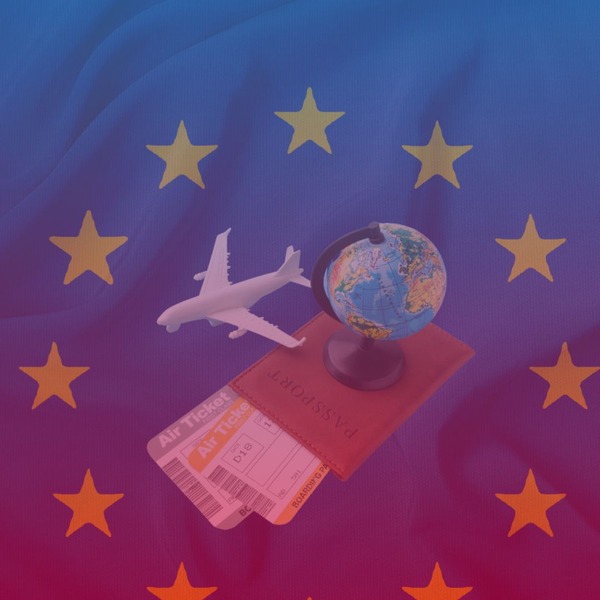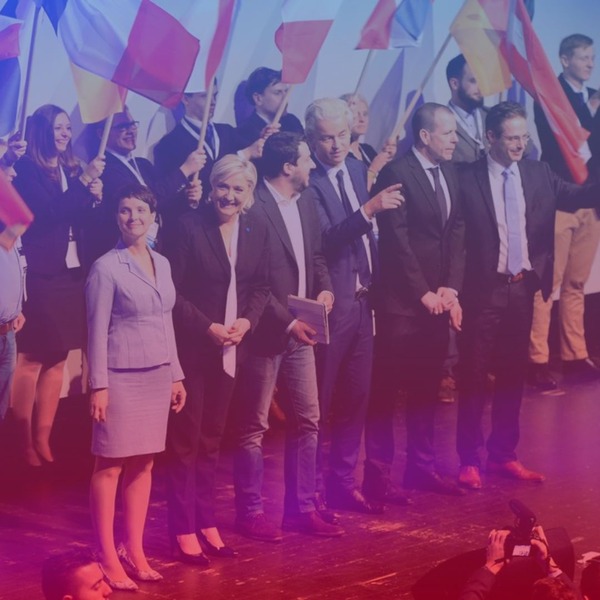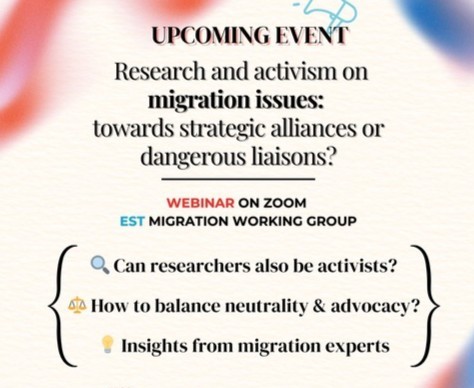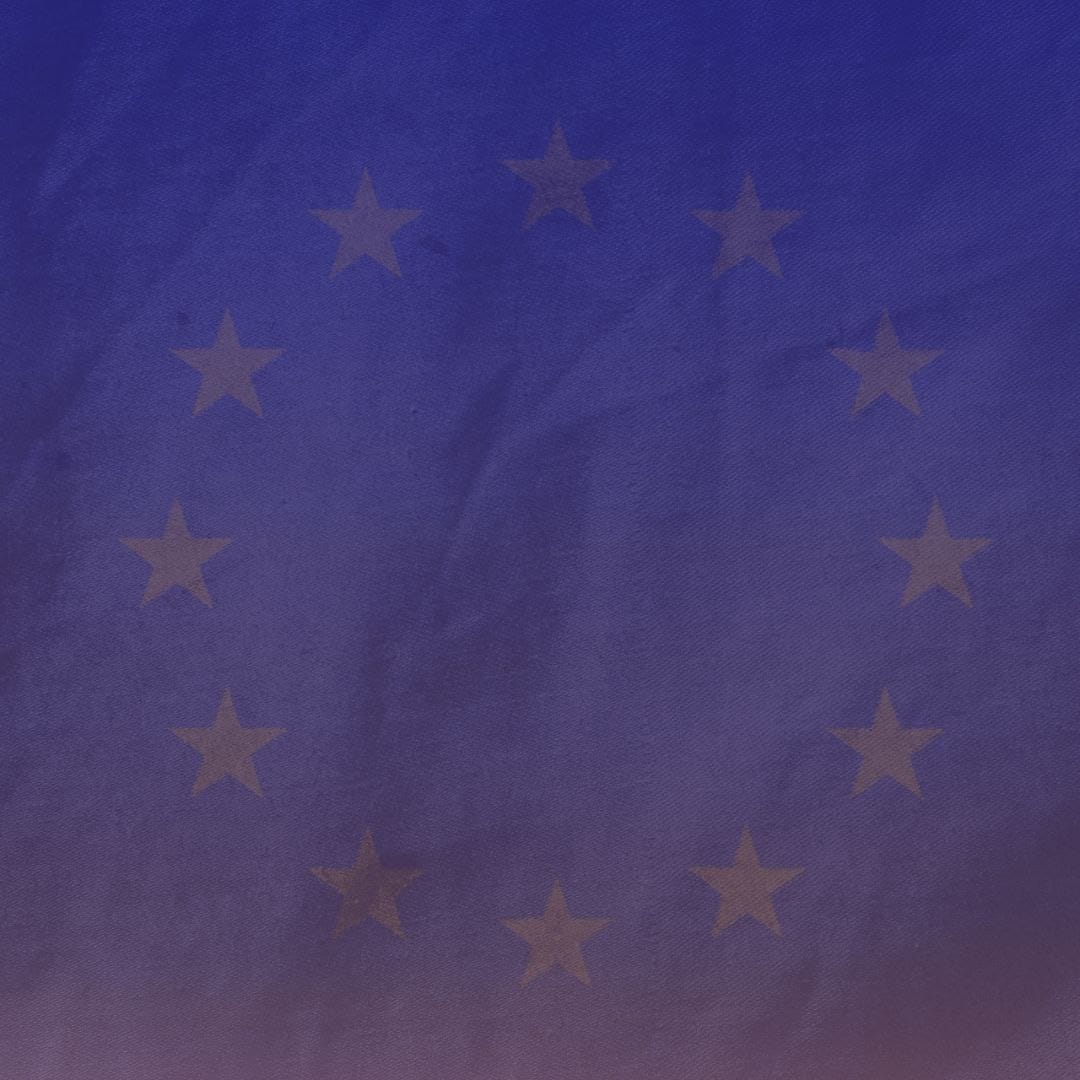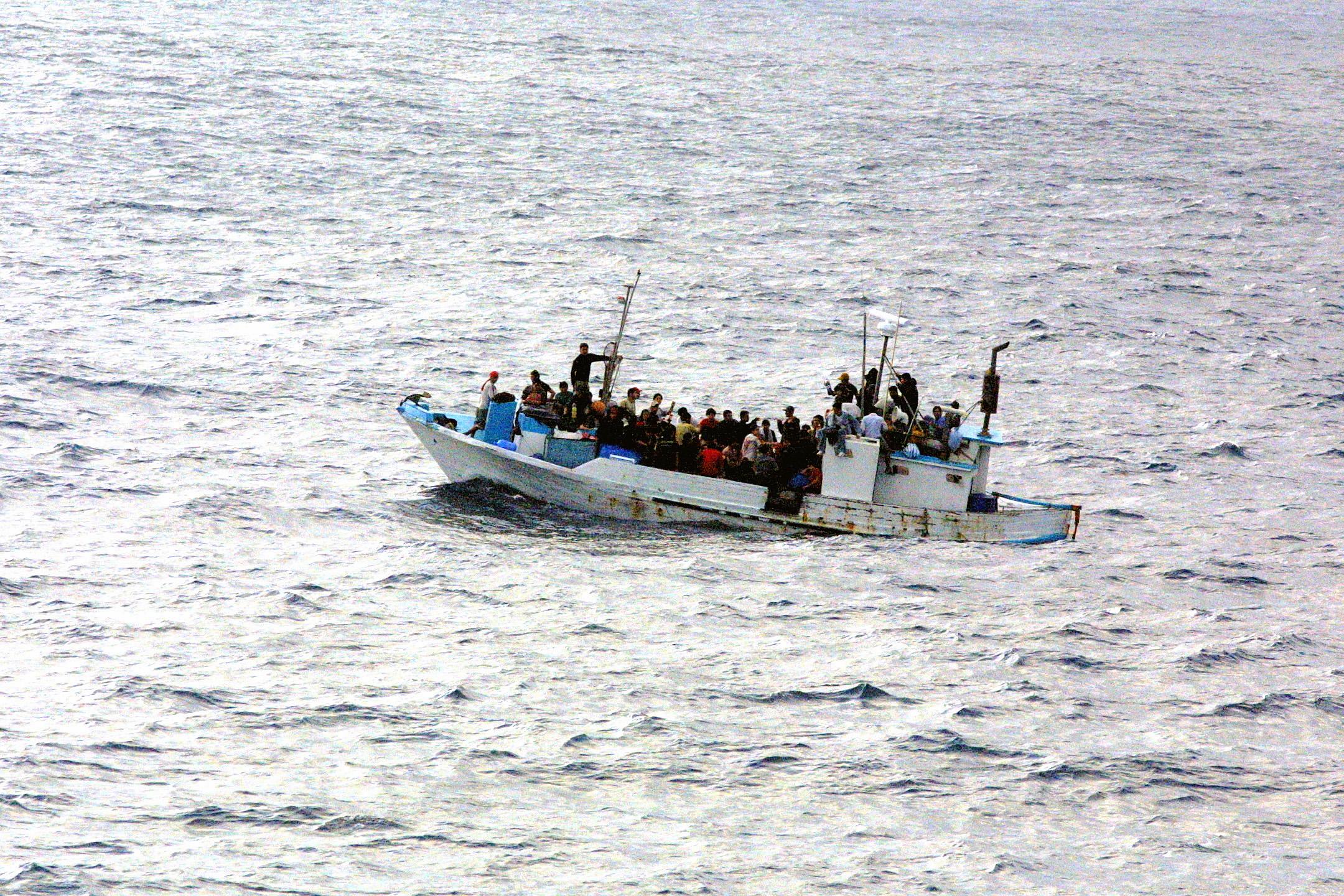
By Diana Guth, master’s student Human Rights and International Politics at the University of Glasgow and writer for the European Student Think Tank.
During the past year, the subject of migrants and refugees has constantly been in the spotlight. First of all, it is important to define the two terms in order to avoid any kind of confusion between them. Migrants, on the one hand, can be defined as individuals who consciously leave their country for economic reasons, but not exclusively; for instance, with the aim of getting better job opportunities, financially stable lives, high quality education, or for family reunification. Refugees, on the other hand, are people who seek protection abroad due to severe problems such as gross violations of human rights, war crimes, extremist terrorist attacks in their home countries; situations that exceed state capability to address these issues and to protect civilians.
In 2014, following the end of transnational employment restrictions, endless debate was sparked not only between politicians, government representatives, but amongst the public in general, about the possibility of uncontrolled migration from Eastern Europe to Western European states such as the UK. Media strongly contributed to this phenomenon, rapidly drawing people’s attention to the possible negative consequences of uncontrolled migration. As the months have passed, it has become clear that the estimated number of Romanians and Bulgarians emigrating to the West was overestimated. To illustrate, last year, 47,000 nationals of both countries moved to the UK, contrary to Nigel Farage’s beliefs that “5000 Romanians and Bulgarians will be arriving in the UK each week for several years to come’’. Evidently, in this context Britain is only used as an example, and should not be treated as an exclusive case.
Instead, another problem arose specifically regarding questions of identity and tolerance, and is connected to the European way of dealing with the current refugee crisis. If Indo-European migration was (and still is) considered an issue, how can we accept others from countries that are a lot different in terms of culture, religion and identity- especially in times of crisis like the one we are currently facing? This situation not only points to a lack of understanding of the presumably shared European identity, but it also teaches us that being exclusivist, especially to the point of intolerance, is never an option. Unpredictable incidents, such as wars and humanitarian crises, can always take place; and when the EU’s involvement is unavoidable, as it currently is, these circumstances test our acceptance of others as the only means to reaching optimal solutions.
If the European project was supposed to teach people lessons about acceptance and mutual help, why should these values diminish when it comes to dealing with non-European individuals? We are currently in a situation where being united for the common good, the purpose of belonging to the EU, should take precedence over unrealistic nationalistic fears. Why should national identities trump our acceptance of others?
Hungary is a relevant case, as Hungarian Prime Minister Viktor Orban portrays refugees’ religious orientation as a threat to European Christian values, mainly because a majority of them are Muslim. France can be said to have similar issues, as the country has constantly been struggling to construct optimal policies meant to assimilate its Muslim population. This has led to long debates in France about the value of plurality versus inventing efficient ways for everyone to lead the French way of life in a homogeneous manner. But when it comes to refugees, does accepting such a small percentage of a state’s current population in order to protect them really have the capacity to undermine everything that a nation has built throughout the years: cultures, practices, beliefs, goals and identities? Moreover, when putting the number of refugees onto a continental scale, the scope for such an occurrence is significantly reduced.
At the other end of the spectrum, states like Germany and Sweden, often seen as two of the Union’s “role models”, have seized the benefits these refugees can actually bring, including an increased labour force and a possible solution to their rapidly declining birth rates. These two countries with solid democratic systems, relatively stable economies and a good human rights record (at least since the end of World War II) are examples of the way many have probably imagined the European project. These countries’ nationals, as all or the majority of nationals of EU member states, adhere to a shared sense of European-ness, and care about specific values that define them as a people, or as a nation. Nevertheless, they realise that the values they care for can remain intact even in a multicultural environment, even during possible economic hardship or humanitarian crises. Because that is truly what being European means: to stay united, in easier and tougher times, and within than unity to accept diversity.
It thus becomes clear that any country should dismiss the unrealistic fears that refugees are able to “destroy” the European imagined communities and way of life. This way, we can start making the continent a better place, both for Europeans and for others, through a way of thinking that acknowledges all the good things these individuals can give back to our societies. This is not a problem of culture or identity; it is a problem of cooperation and strategic thinking. People need to realise that no matter their nationality or their sense of belonging to a political community, being human towards others surpasses, in value, all of these imaginary shared spaces.
The main lesson the refugee crisis has taught us so far is that we need to stay open-minded and acknowledge that identity and mentality are not endangered by the acceptance of “others” in countries we praise as being democratic, human rights-oriented, or even with a Christian mentality. Every European member state has a unique identity. As such, it is impossible for everyone to share the same cultural beliefs and grievances. Nevertheless, we can share the same goals towards being united by positive values. If we really aspire towards a common European identity, why not make it about tolerance, acceptance, peace and friendliness? About mutually-constructed responses, consensus, shared human rights principles, and positive attitudes even in the most difficult of times? These should be the perks of being true Europeans, true to our nations, and true to ourselves.
This piece expresses the opinions of the author only and does not necessarily reflect the position of the European Student Think Tank.

 The ’Ndrangheta’s Infiltration and Threat to European Institutions
The ’Ndrangheta’s Infiltration and Threat to European Institutions  From Paper to Practice: How Grassroots Norms Undermine Gender Rights in Pakistan
From Paper to Practice: How Grassroots Norms Undermine Gender Rights in Pakistan  Exploited Childhoods: The Role of Global Corporations in Perpetuating and Mitigating Child Labour
Exploited Childhoods: The Role of Global Corporations in Perpetuating and Mitigating Child Labour  Human Rights Challenges in Addressing SLAPPs in Media, NGOs and Journalism in the EU
Human Rights Challenges in Addressing SLAPPs in Media, NGOs and Journalism in the EU 